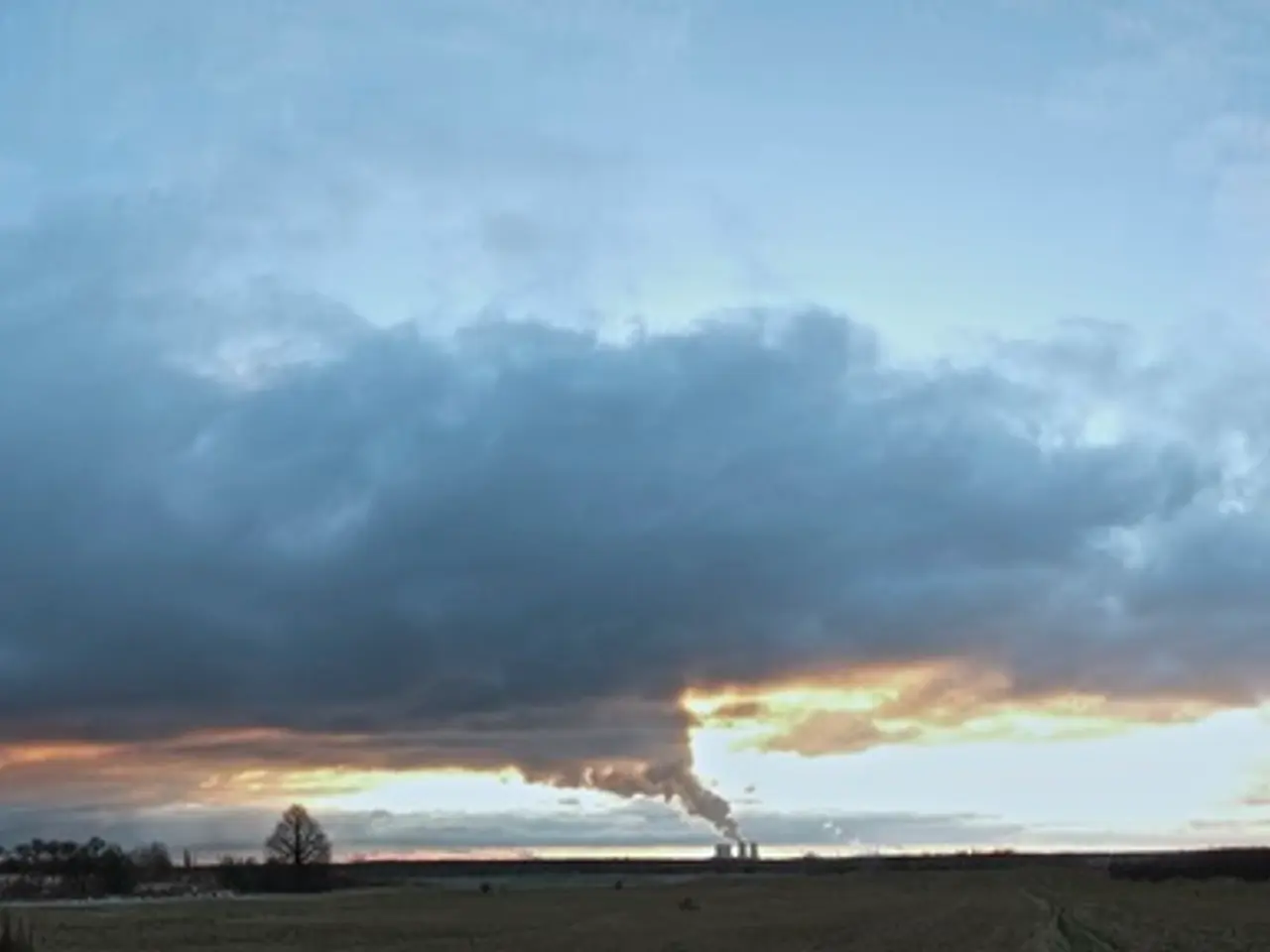Effect of Trump Administration Shutting Down Climate Health Department
The Office of Climate Change and Health Equity (OCCHE), established within the Department of Health and Human Services (HHS) in 2021, played a significant role in promoting greenhouse gas emissions reduction efforts within the health sector. However, in a turn of events, this office was closed and its staff was placed on administrative leave as part of the Trump administration’s broader rollback of environmental justice, climate, and health equity initiatives.
The closure of OCCHE aligns with President Donald Trump's broader initiative to freeze grant funding and downsize the federal workforce. This action resulted in the loss of tools to track heat-related illnesses and was part of a larger dismantling of federal offices focused on environmental justice and health equity.
The closure of OCCHE was accompanied by the elimination of other environmental justice offices, cutting climate change-related programs and placing many employees across these offices on leave. These moves have raised concerns about increased pollution and worsening health outcomes in marginalized communities historically affected by environmental hazards.
Additional cuts included significant reductions at the Centers for Disease Control and Prevention (CDC), including the firing of staff working on environmental health protections related to heat waves and wildfires. While some staff were later reinstated in June 2025, the removal of materials related to preventing sexually transmitted diseases and providing gender-affirming care from the CDC's website and the blocking of access to critical resources like the Social Vulnerability Index remain ongoing concerns.
As the landscape of climate and health advocacy undergoes significant transformations, the importance of preserving critical resources and sustaining collaborative efforts within the healthcare sector becomes increasingly evident. Advocacy groups like Health Care Without Harm are preserving the momentum of the HHS Health Sector Pledge to address climate-related challenges.
Despite the closure of OCCHE, the HHS climate office developed interactive online tools to educate the public on the health risks associated with extreme heat, which remain accessible to the public. However, web pages devoted to the office have been taken offline following Trump's executive order.
The impact of these policy changes on vulnerable communities and public health outcomes remains a pressing concern. The closure of the HHS climate office extends beyond bureaucratic shifts, impacting the lives and well-being of individuals across the country.
A new layer of complexity has been added to the situation with the consideration of Robert F. Kennedy, Jr., for the position of health secretary by the Senate. The role of the health secretary is pivotal in shaping the future of public health initiatives, and the consideration of Kennedy, who has expressed scepticism towards vaccines and climate science, has sparked debate among health advocates.
As the Biden administration takes office, the future of climate and health equity initiatives within HHS remains uncertain. The preservation of critical resources and the continuation of collaborative efforts within the healthcare sector will be crucial in addressing the challenges posed by climate change and ensuring equitable health outcomes for all.
- The closure of the Office of Climate Change and Health Equity (OCCHE) under the Trump administration is a part of a larger dismantling of federal offices focused on environmental justice and health equity, which has raised concerns about increased pollution and worsening health outcomes in marginalized communities.
- The elimination of OCCHE was accompanied by the cutting of climate change-related programs and the placement of many employees across these offices on leave, resulting in the loss of tools to track health hazards associated with climate change.
- As the Biden administration takes office, the future of climate and health equity initiatives within the Department of Health and Human Services (HHS) remains uncertain, with the preservation of critical resources and the continuation of collaborative efforts within the healthcare sector being crucial in addressing the challenges posed by climate change.
- The consideration of Robert F. Kennedy, Jr., for the position of health secretary by the Senate has sparked debate among health advocates, as his skepticism towards vaccines and climate science could potentially shape the future of public health initiatives.




